Entry Category: Education
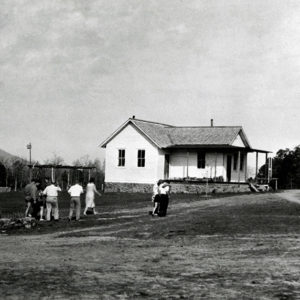 Commonwealth Buildings
Commonwealth Buildings
Commonwealth College
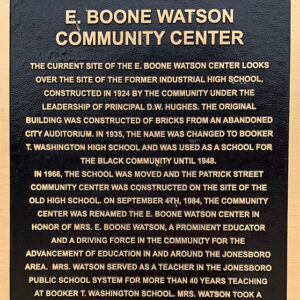 Community Center Commemorative Plaque
Community Center Commemorative Plaque
 Computer Lab
Computer Lab
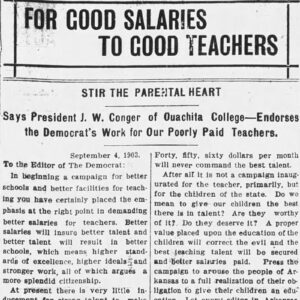 Conger Letter
Conger Letter
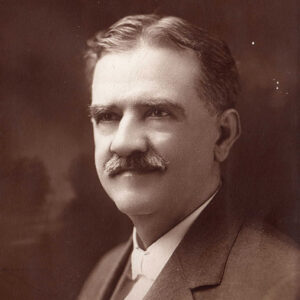 J. W. Conger
J. W. Conger
Conger, John William
Connelly, Mary
Consolidated White River Academy
Cook, Doris Marie
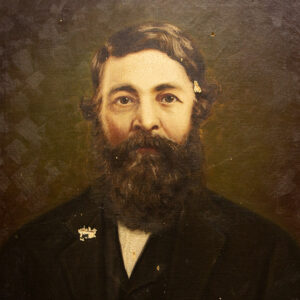 Joseph Corbin
Joseph Corbin
Corbin, Joseph Carter
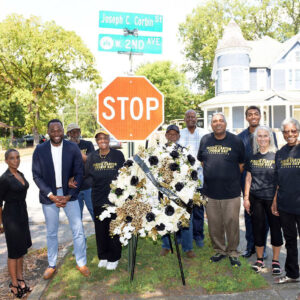 Joseph Carter Corbin Day
Joseph Carter Corbin Day
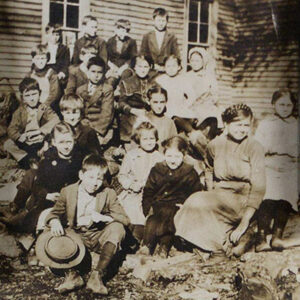 Corinth School
Corinth School
Cossatot Community College of the University of Arkansas (CCCUA)
Cotton Plant Academy
 Rugh Couch
Rugh Couch
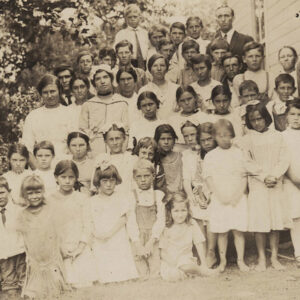 Cove School
Cove School
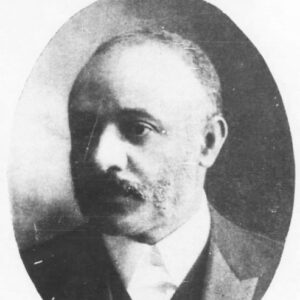 James M. Cox
James M. Cox
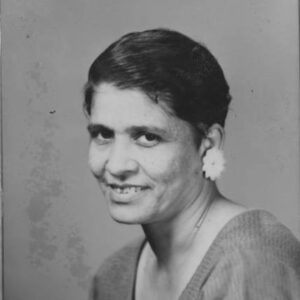 Annie M. Craft
Annie M. Craft
Craighead County Jonesboro Public Library
 Craighead County Jonesboro Public Library
Craighead County Jonesboro Public Library
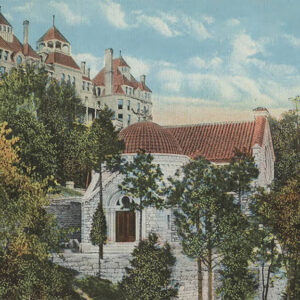 Crescent College
Crescent College
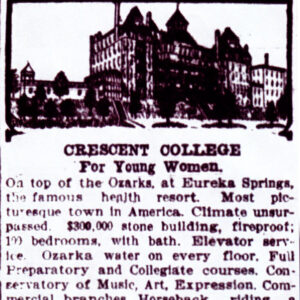 Crescent College Ad
Crescent College Ad
Crescent College and Conservatory
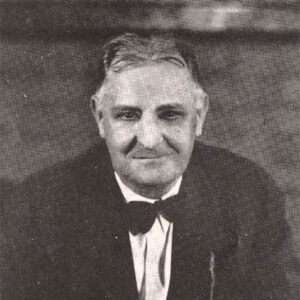 Hugh Critz
Hugh Critz
Crowley’s Ridge College (CRC)
Crowley’s Ridge Technical Institute
Davis, Erma Lee Glasco
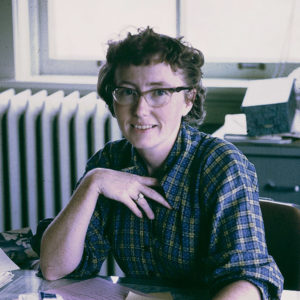 Hester A. Davis
Hester A. Davis
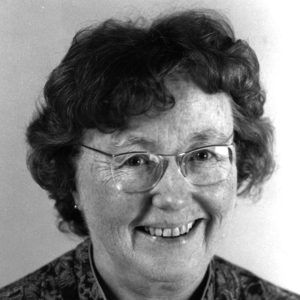 Hester A. Davis
Hester A. Davis
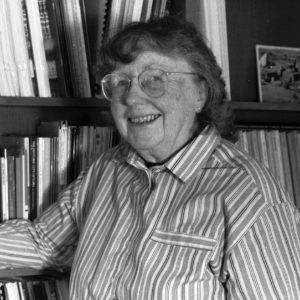 Hester A. Davis
Hester A. Davis
Davis, Hester Ashmead
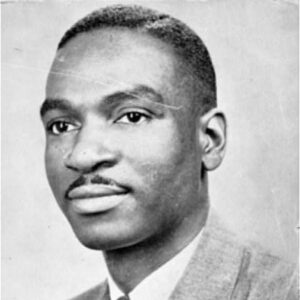 Lawrence A. Davis
Lawrence A. Davis
Davis, Lawrence Arnette, Sr.
Dawson, Ethel Beatrice Ross
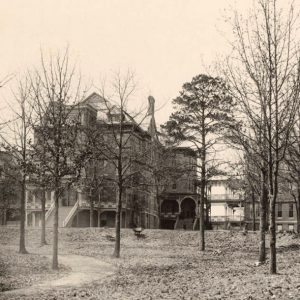 Deaf Mute Institute
Deaf Mute Institute
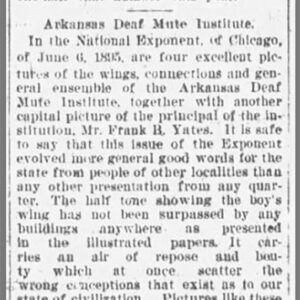 Deaf Mute Institute Story
Deaf Mute Institute Story
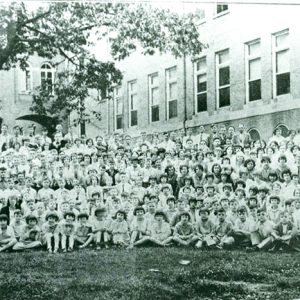 Deaf School Students
Deaf School Students
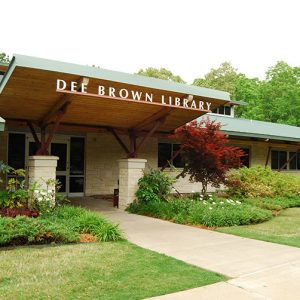 Dee Brown Library
Dee Brown Library
Delta Symposium
 Desegregation of Central High 50th Anniversary
Desegregation of Central High 50th Anniversary
 Desegregation of Central High School Protest Rally
Desegregation of Central High School Protest Rally
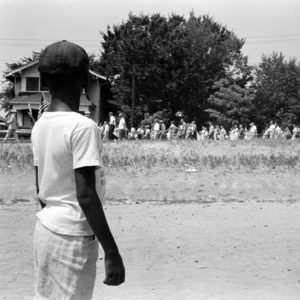 Desegregation Protest
Desegregation Protest
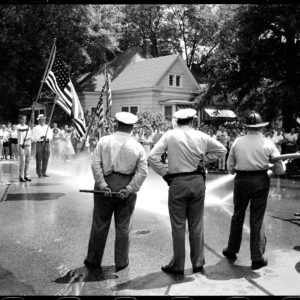 Desegregation Protest
Desegregation Protest
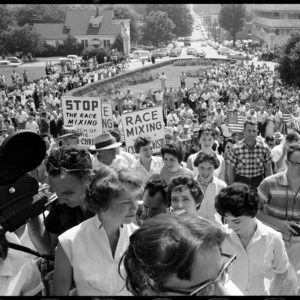 Desegregation Protest at Capitol
Desegregation Protest at Capitol
 Desegregation Protest at Capitol
Desegregation Protest at Capitol
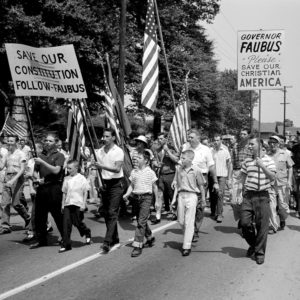 Desegregation Protest March
Desegregation Protest March
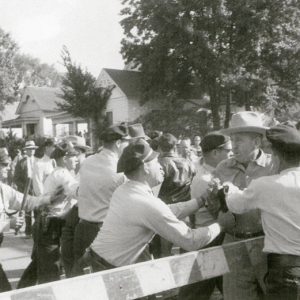 Desegregation Protesters
Desegregation Protesters




